Reply To:
Name - Reply Comment
Last Updated : 2024-05-19 14:30:00
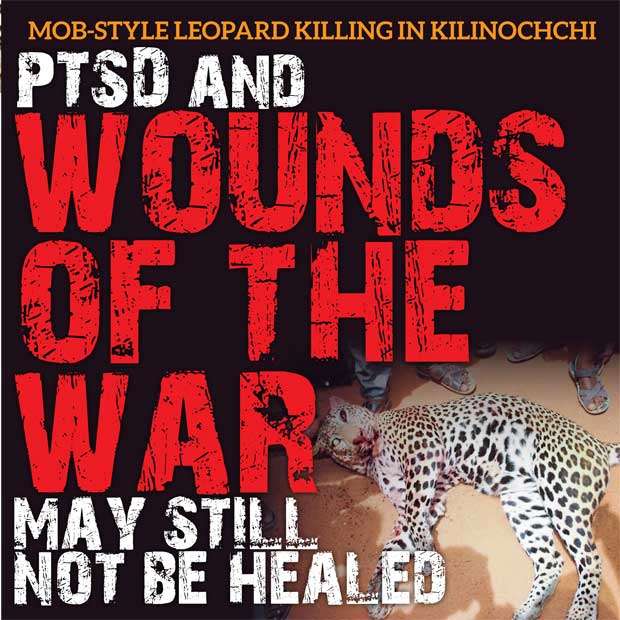
 Last week, all Sri Lankans witnessed the power of a mob. The entire country watched in agony as a leopard was beaten to death by a mob in Ambalnagar, Kilinochchi. The footage went viral on social media, once again raising eyebrows among authorities and wildlife enthusiasts. While many people questioned the law, the authorities, the failure to implement actions based on the ordinances, a few others analyzed it a little differently.
Last week, all Sri Lankans witnessed the power of a mob. The entire country watched in agony as a leopard was beaten to death by a mob in Ambalnagar, Kilinochchi. The footage went viral on social media, once again raising eyebrows among authorities and wildlife enthusiasts. While many people questioned the law, the authorities, the failure to implement actions based on the ordinances, a few others analyzed it a little differently.
Kilinochchi, an area that was devastated by the war is home to people victimized by the conflict, who have been living with fear, anger and hatred for years. As such accumulated symptoms of untreated Post-Traumatic Stress Disorder (PTSD), was quite visible in the footage as the mob not only killed the leopard but clicked selfies and rejoiced over the carcass.
While weeping about the fact that the country’s leopard population is already under threat, the authorities also need to worry about the prevailing mindset of the war-affected victims, nine years into the post-war era.

Post-traumatic stress disorder
Post-Traumatic Stress Disorder (PTSD) is a trauma and stress-related disorder that may develop after an exposure to an event or ordeal in which death, severe physical harm or violence occurred or was threatened.
Traumatic events that may trigger PTSD include violent personal assaults, natural or unnatural disasters, accidents or military combat. PTSD was quite a new psychological condition to Sri Lankans which was experienced during the aftermath of the ethnic conflict.During the final stages of the war, the crossfire was intense and losing life and limb became the order of the day.
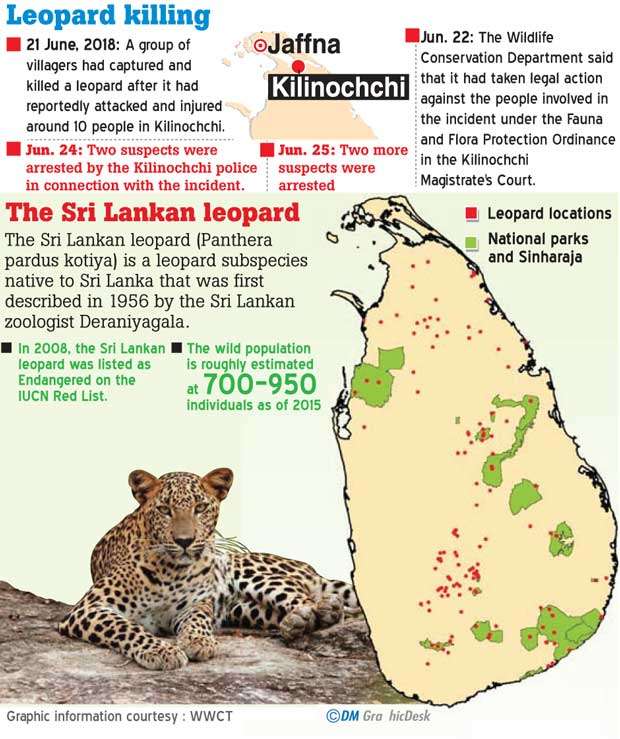
With economic hardships, no shelter and loss of loved ones, people were vulnerable or were already undergoing all sorts of physical and mental trauma. While some were separated from families, others were forcibly asked to join the rebel groups.
Poverty and lack of education remained to be deterrents, which after many years, are still visible in the Northern part of the country.
Except for certain non-profit organizations, the government didn’t have as many programmes to rehabilitate the people affected by the war. However, it was a known fact that detention camps were setup in various parts of the country and ex-LTTE cadres and victims of the war were alleged to be severely punished, while leaving them in unpleasant environments.
Although there are several success stories of reintegrating victims of the war back into society, the recent video is proof that a lot more needs to be done in terms of healing the wounds of the war.

2017 Ramon Magsaysay Award winner Gethsie Shanmugam was recognized for her work in rebuilding lives from psycho-social wounds of war and violence.
Her focus was mainly on war widows and children in the North but she experienced the effects of violence on both genders.
" It is the basic feeling of love that will change people "
Speaking to the Daily mirror , Gethsie said that after a war this kind of a spillover among victims, war widows and orphaned children was common in any part of the world.
“We are helping people to touch the Earth. We have to educate the teachers. It is a case of refining their attitudes. The country has it but we need to search for the positive drops, collectively. Abuse will come out in different ways, according to the level of pain that is coming out. We are not helping our people to become self-aware to use their talents and be creative. It took one or two years to reap benefits of this programme we did after the war. It was based on the healing of memories”.
“Sri Lanka is in the best position where relationships are valued. So we have to take all those as positives in this circumstance. We need to build on the positive stones. My focus was women who have lost their husbands but men in the periphery were giving trouble. The women would sleep in small corners of the camp and the men would come and peep. Hence it was quite an unsafe environment. It wasn’t easy to handle the men. Sexual abuse and related incidents happened in broad daylight.”

In an interview she did at the time she received her award, Gethsie pointed out that the working with women and children in spite of war and trauma wasn’t easy.
“It was easy to go through the youth”.
“These people still haven’t gotten into that memory level. When we were working the bleeding stopped, but the scars had appeared. We were trying to heal their memories. Memories won’t die and it’s very difficult. It’s the basic love that will change people who are trying to fight with each other”.
“Anger and hatred are two feelings which are strong in this kind of setup. With that, there are other feelings such as jealousy and selfishness that come banging into people. So the main thing to start with is the understanding of your own feelings. As counsellors, it is important to be with them. You don’t really have to talk. Relationships are worn and now we are quarrelling.”
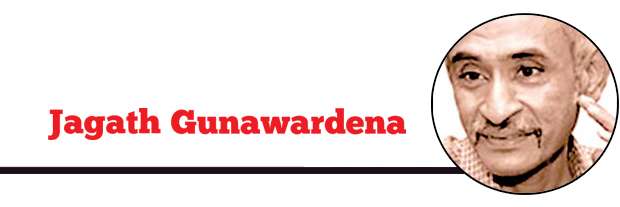
Airing his views to the Daily mirror , Environmental Lawyer and wildlife enthusiast Jagath Gunawardena said that this was the first time such a perverse incident took place.
“The killing of a leopard is an offence under the Fauna and Flora Protection Ordinance (FFPO) under Section 30 since it is a strictly protected species. Therefore nobody is allowed to kill, harm or keep body parts of the species. So, offenders could be apprehended without a warrant”.
“The first time such a perverse incident took place”
“It is a non-bailable offence. They can also be charged under the Cruelty to Animals Ordinance since they have violated it. Therefore they should be charged under both the above-mentioned Ordinances.”
At the onset of the incident, the Kilinochchi Magistrate’s Court issued a warrant to identify the culprits.
So far, four suspects have been arrested. A 42-year-old resident from Ambalkulam and a 39-year old from Udayanagar surrendered to the Police on Sunday and were remanded till June 29.
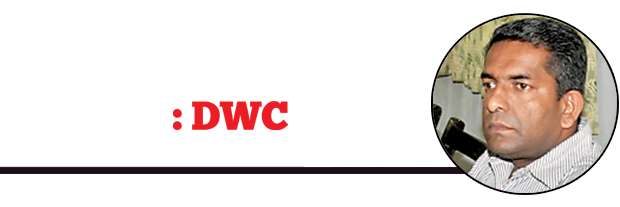 In his comments to the Daily mirror , Department of Wildlife Conservation Director General M.G.C Sooriyabandara said that the fine is Rs. 100,000 with five years of Rigorous Imprisonment.
In his comments to the Daily mirror , Department of Wildlife Conservation Director General M.G.C Sooriyabandara said that the fine is Rs. 100,000 with five years of Rigorous Imprisonment.
“We are making use of the footage released on social media to identify the rest of the culprits. The way the people responded was wrong. They can’t take the law into their hands. What they should have done was to inform the DWC officials without killing the animal. Since they have obstructed the activities carried out by the officials they would be charged for that as well,” he said.
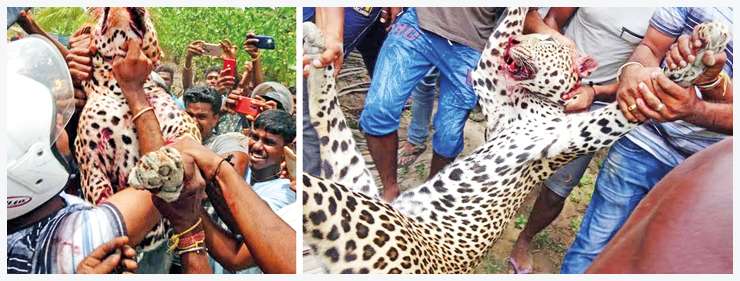

Thiru Tuesday, 26 June 2018 09:26 AM
I do not care if DM publish my comment or not,but the truth has to be told. Comparing the Tamil North and Sinhalese South,please state how many horrendous killings of humans have happened in each of the region since the Leopard was killed in the North. You know it is Zero in the North. So who is sick ?

Add comment
Comments will be edited (grammar, spelling and slang) and authorized at the discretion of Daily Mirror online. The website also has the right not to publish selected comments.
Reply To:
Name - Reply Comment
The state-run loss-making State Mortgage & Investment Bank (SMIB) has reveale
US authorities are currently reviewing the manifest of every cargo aboard MV
On March 26, a couple arriving from Thailand was arrested with 88 live animal
According to villagers from Naula-Moragolla out of 105 families 80 can afford